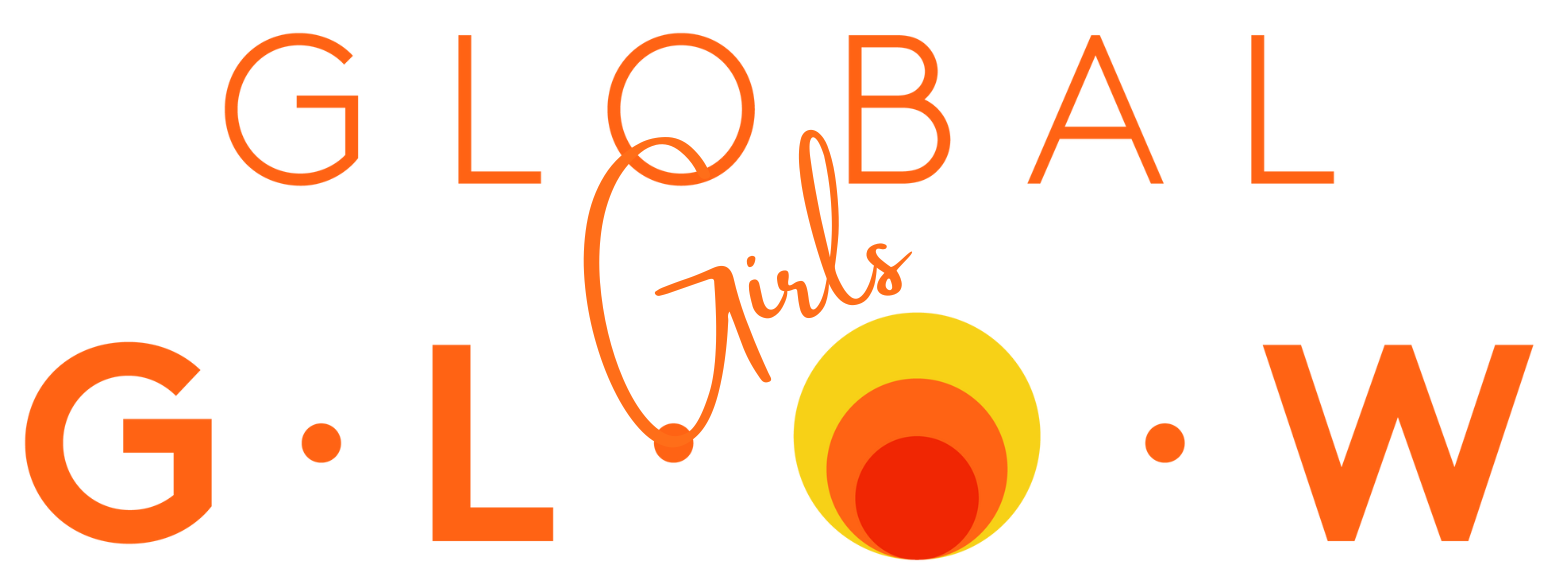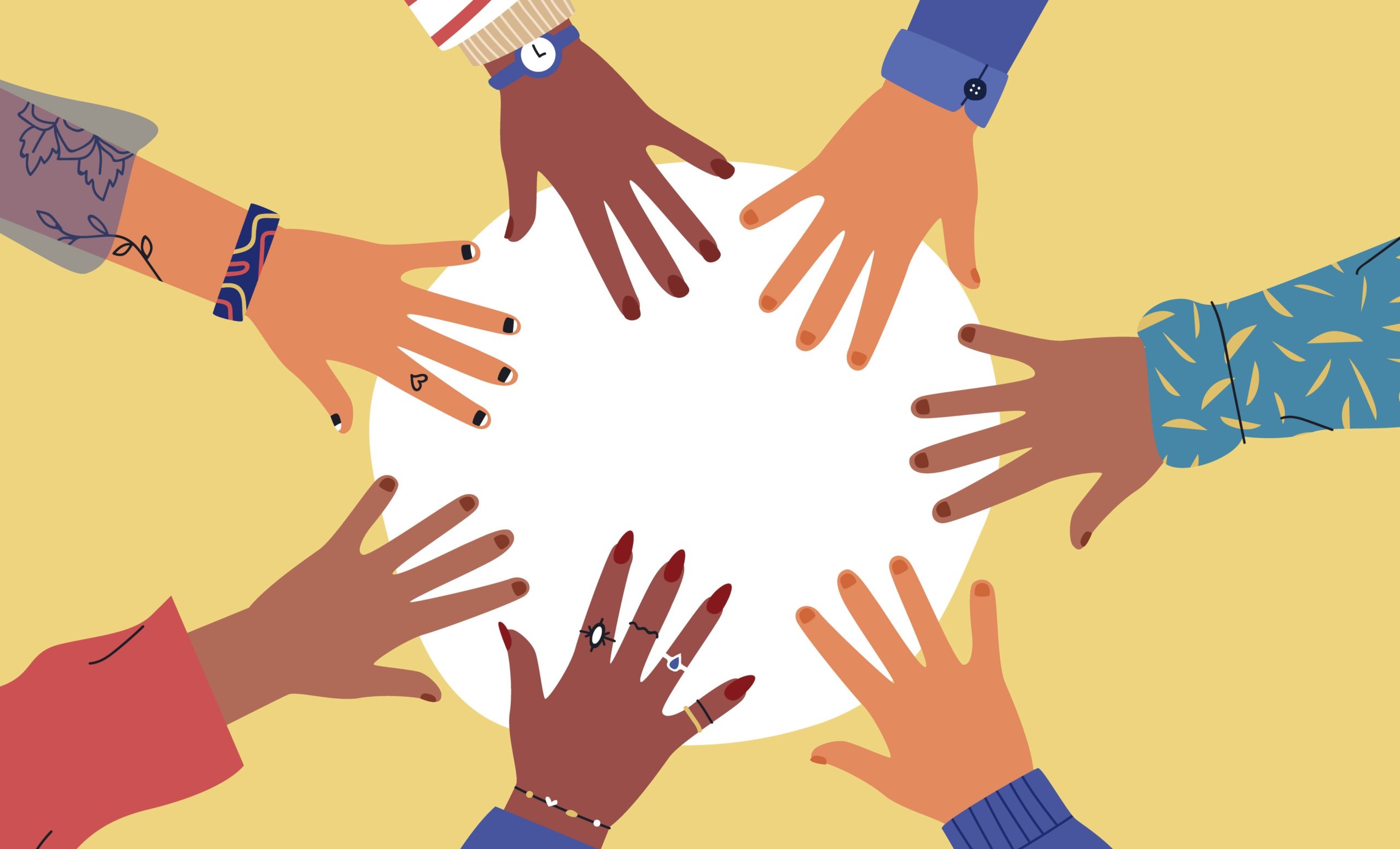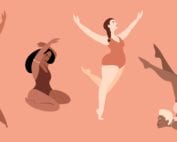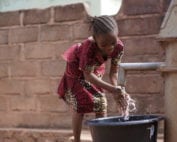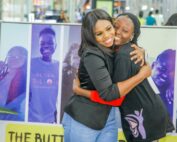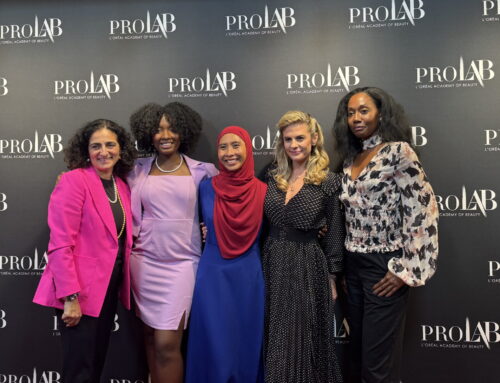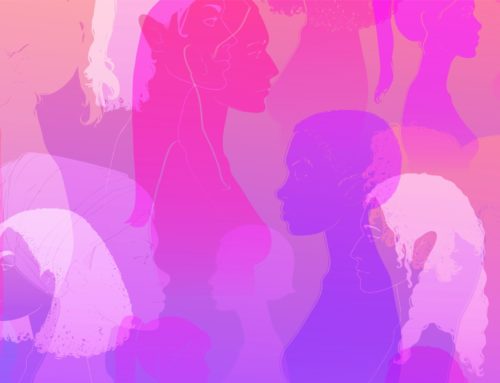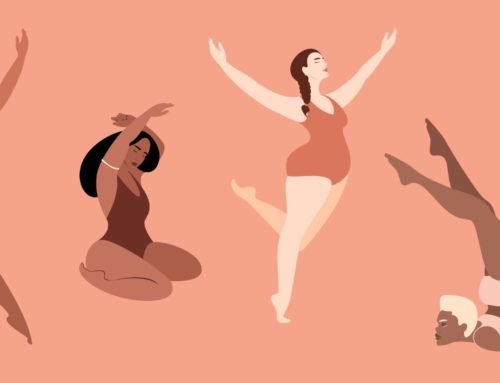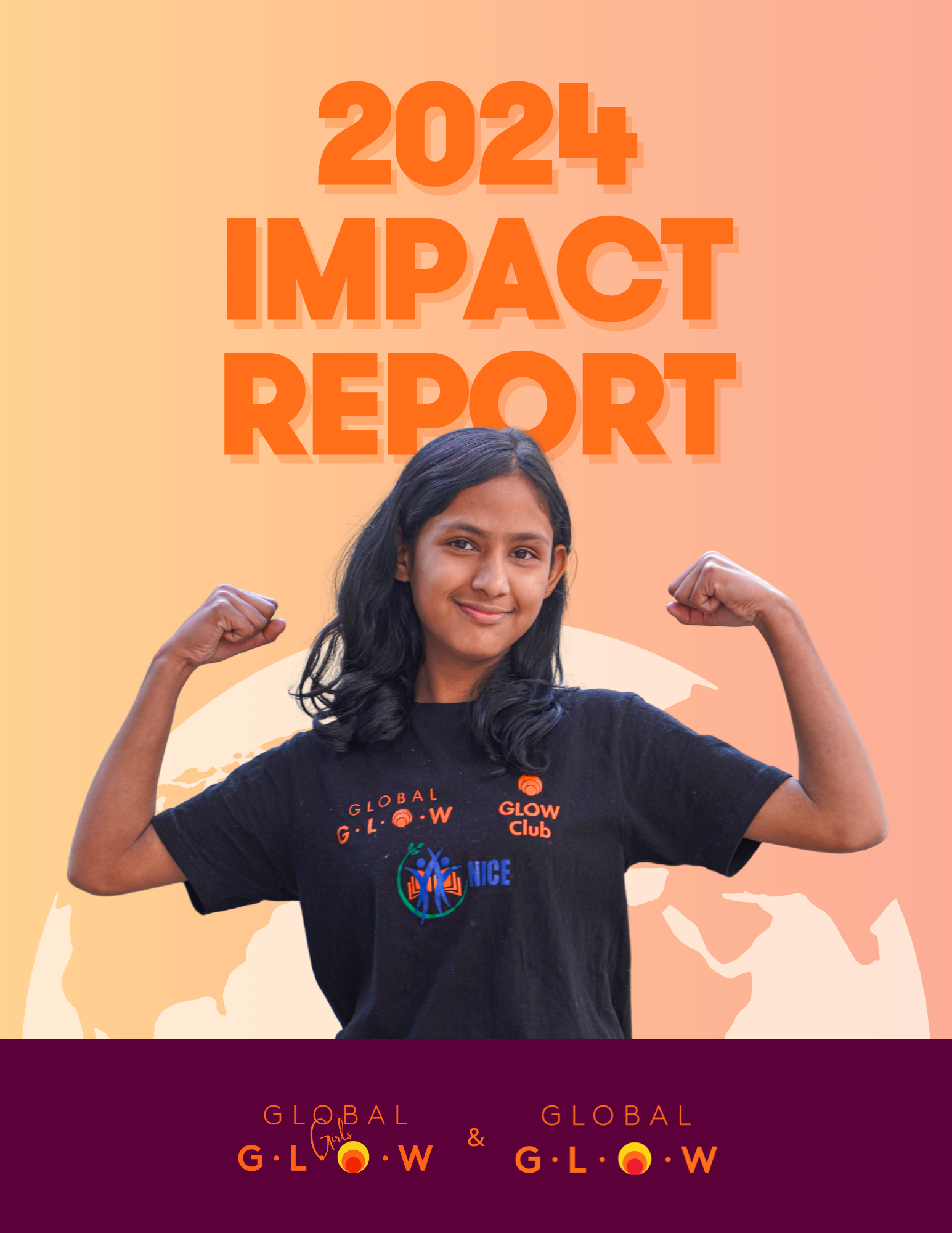Healthy GLOW: The Impact of Utilizing Social Emotional Learning Tools in Sexual and Reproductive Health Education
Social and emotional learning (SEL) competencies are a crucial tool when it comes to the teaching of sexual and reproductive health (SRH) and the ability to learn that content as a student. SEL relies greatly on strong, trusting, healthy relationships between the educator and the student. This dynamic is exactly the right environment for a quality SRH education. SRH carries a lot of social stigmas – if the educator and the student are both skilled in SEL capacities, it is easier for everyone to manage their own behavior in potentially uncomfortable situations and react appropriately to others in the room with them.
By applying SEL principles through Healthy GLOW, mentors build warm and trusting relationships with their mentees, which help create an environment to learn the material free of stigma and judgment. We found that this combination of SRH and SEL is a powerful tool for education.
To measure the program’s impact, we combined pre and post-program survey data across various implementing sites from 2020 and 2021 to understand what the program participants were learning in Healthy GLOW cumulatively. This totaled over 1,700 surveys. We found exciting and substantial improvements in all of the survey questions from the pre to post-surveys. Half of the scores improved by over 20%, which is tremendous progress. The below figure outlines the combined survey results for each question for the participants that selected “agree” or “strongly agree” with the statements.
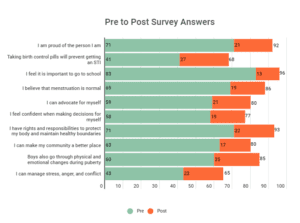
1Ages in survey respondents ranged from 7 to 25, with an average age of 14 for the pre-survey and 15 for the post-survey. Survey respondents participated from the following countries: Cambodia, Colombia, Cote d’Ivoire, Ghana, Haiti, India, Kenya, Mozambique, Nigeria, Peru, Rwanda, Sierra Leone, and Uganda.
2Due to question wording, the data presented for the statement “Taking birth control pills will prevent getting an STI” was the combined selection of disagree or strongly disagree.
The biggest gains in knowledge from the pre to post-survey were the sexual and reproductive health questions, including learning that taking birth control pills will not prevent getting an STI and that boys also go through physical and emotional changes during puberty. The highest-scoring questions overall were focused on social-emotional learning. For example, almost all of the girls selected “agree” or “strongly agree” for these statements: “I feel it is important to go to school,” “I have rights and responsibilities to protect my body and maintain healthy boundaries,” and “I am proud of the person I am.” Not only are program participants gaining crucial sexual and reproductive health knowledge, they are also learning how to advocate for their own health and development.
The survey results indicate that the program participants became more aware of their physical, mental, and social health, and that they gained self-advocacy skills related to self-awareness, ability to share personal needs, self-management, and personal agency by combining content of both a sexual reproductive health curriculum and social-emotional learning skills in one program. It’s our hope and intent that building a program that offers both skill sets will further propel the program participants’ growth and personal development.
